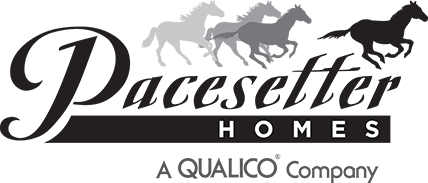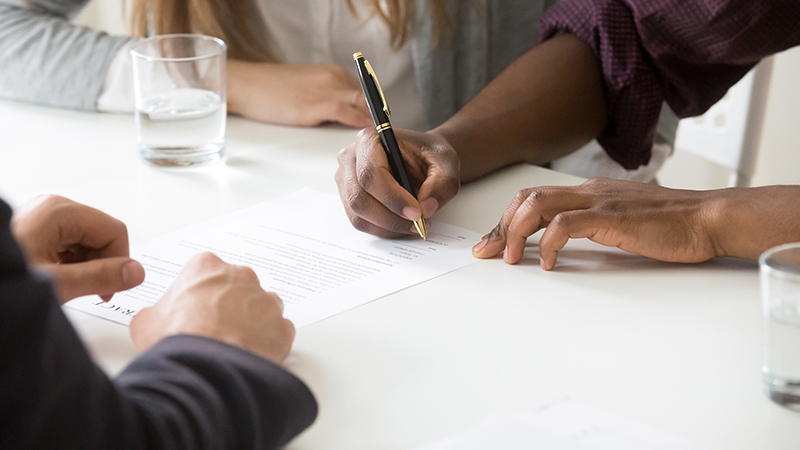First-time home buyers have a lot on their plate – there’s securing a mortgage loan, saving up for a down payment, finding the right realtor, and then the house shopping itself. With everything going on, it’s no surprise that closing costs aren’t often factored in until it’s too late.
Don’t let this happen to you. Here’s an overview of what closing costs are and how much you can expect to pay.
What Are Closing Costs?
Mortgage closing costs are the fees you pay when you secure a loan to purchase a home or refinance. When buying a home, the seller will usually pay some closing costs, such as transfer fees, prorated real estate taxes, and a real estate agent’s commission.
Your closing costs will include loan-related fees, mortgage insurance fees, property taxes, annual fees, homeowner’s insurance, and title fees, as well as upfront HOA fees when applicable.
What Will I Pay in Closing Costs?
Closing costs vary, but you can expect to pay between 2% and 5% of the entire loan amount. If you’re purchasing a home for $350,000, you will likely pay between $7,000 and $17,500 in closing costs.
Remember, these costs will be in addition to the down payment. You can sometimes roll these closing costs into the loan amount, depending on the bank or credit union. However, you will be paying interest on those costs, which makes it a less cost-effective solution.
Can I Reduce My Closing Costs?
There are a few ways you can lower closing costs. If you pay for the home in cash, you won’t need a loan and therefore won’t pay for an appraisal, home inspection, or loan origination fees. However, paying cash is often impossible for home buyers.
You can also negotiate some of those fees with the seller to lower the amount you’ll need to pay. If your home inspection comes back with any issues that will require costly updates, you can use that as leverage in your negotiations to get the seller to pay more of the closing costs.
Don’t be blindsided by paying closing costs when closing on your property or refinancing. Build this cost into your planning to have a smooth home-buying process.




